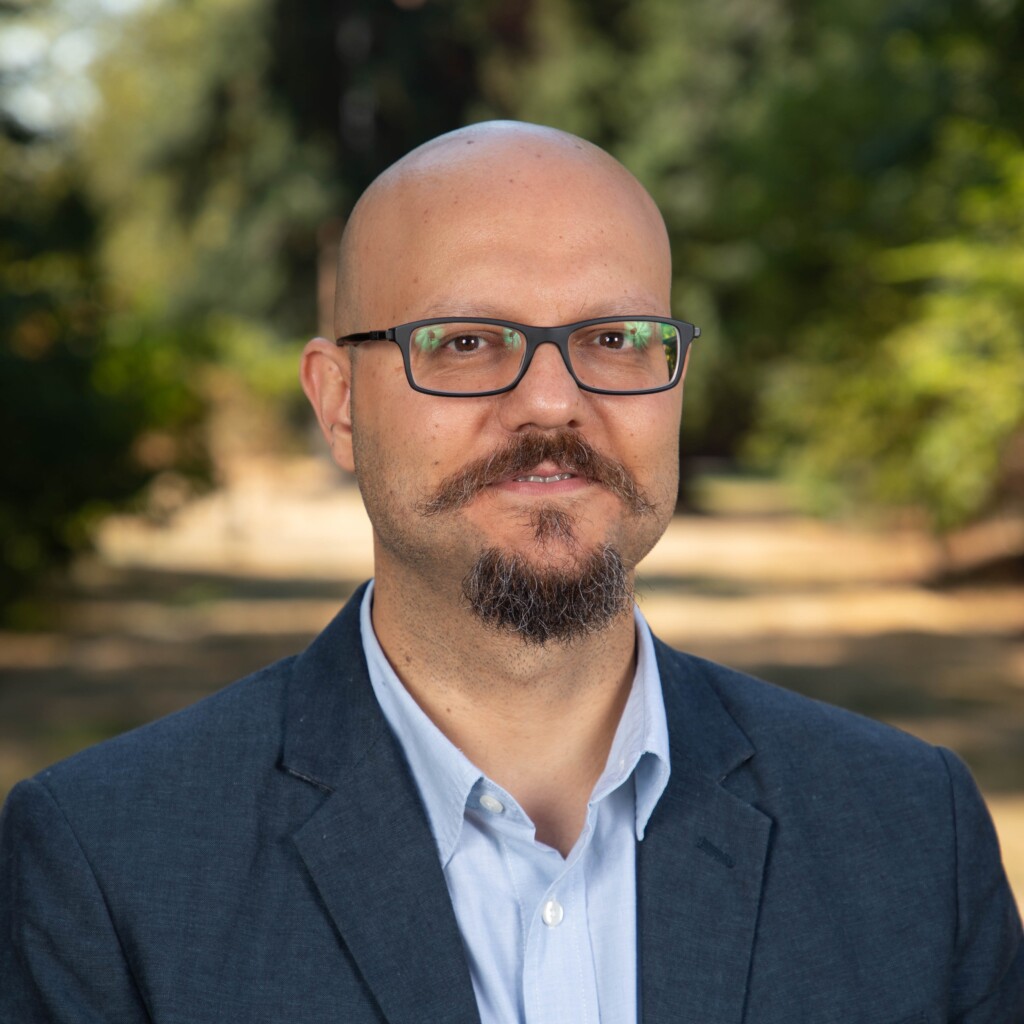Page 12 • (699 results in 0.042 seconds)
-
National Council on Family Relations (NCFR). Each year, the committee recognizes authors of a qualitative journal article or book chapter published during the previous year which, in the estimation of the members of the committee, makes the most significant contribution to the area of family theory, methods, and/or research that comes from qualitative tradition. The award is named for Anslem Strauss, whose life work was to develop and practice qualitative methodologies. The NCFR is the nation’s premier
-

is primarily interested in sociocultural, philosophical, ethical, ecological, and critical issues as they relate to the phenomena of consumption, marketing, and the market institution. Hence, his research integrates consumer behavior, consumer culture theory, sociology of consumption, cultural studies, critical marketing, poststructuralism, and macromarketing to generate theoretical, managerial, and social insights toward a healthy, fair, and sustainable future. More specifically, sub-areas of
-

program at PLU. His scholarship in entrepreneurship and innovation coupled with substantial executive-level industry experience and business ownership align with his teaching topics and create opportunities for students to engage both the theory and application of management in unique and powerful ways. Leveraging techniques and frameworks developed through research and practice, Dr. Brown engages students to apply their academic knowledge to live projects in the region and around the world. This
Area of Emphasis/Expertise -
Teaching Grant) to explore the way that early tools could affect letter formation. Second, after studying both paleography and textual transcription, the students participated in an online Transcribathon, a worldwide effort to type out the words contained in one handwritten document from the seventeenth century. Organized by EMROC (The Early Modern Recipes Online Collective), the Transcribathon sought to make an early text not only more widely accessible but also more open to Internet searching and XML
-
the Future3. PSYC 499 - Alana Kirkendall & Sarah Cornell-MaierExploring Racial Microaggressions, Frequency, and Emotional Response: An Experimental Proposal4. PSYC 242 - Kianna Ahlstrom, Taylor Greig, Sarah Glasco, Bianca MolinaMemory Recall: How Different Music Genres Affect Memory5. PSYC 499 - Molly Costello & Brian LoughridgeSocial Therapeutics, Dialectical Behavioral Therapy and Improvisation: A Therapeutic Program for At-Risk Youth6. PSYC 499 - Jessica Kovacs7. PSYC 499 - Micha Young8. PSYC
-
Scholarship Award, Rachid was a highly accomplished mathematician interested in the fields of delay differential equations, mathematical biology, dynamical systems, and bifurcation theory. Citing his textbook about differential equations (in French) and his vast number of published papers in well-respected journals, his colleagues in mathematics describe him as one of the most active scholars in the department. He earned a doctoral degree, diploma of in-depth studies, and a master’s degree in mathematics
-
): ARTD 101: Drawing 1 (4) ARTD 102: 2D Design/Color Theory (4) ARTD 201: Drawing 2: Figure Drawing (4) ARTD 202: 3D Design (4) Technique Courses (24) Go to www.plu.edu/comm-media-designarts/documents to view specific courses fulfilling requirements. Two-dimensional courses (8) Three-dimensional courses (8) Photography course (4) Technology course (4) Understanding Art/Culture Courses (12) ARTD 180: History of Western Art I (4) ARTD 181: History of Western Art II (4) Upper-division Art History (4
-
Behavior & the Social Environment (4)SOCW 500+: Elective (4)SOCW 515: SW Theory & Practice II (4)SOCW 525: Anti-Racism, Diversity, & Equity in Social Work Practice (4) SOCW 510: SW Theory & Practice I (4)SOCW 575: Foundational Practicum Experience I (4)SOCW 532: Social Work Research Methods (4) Year Two Fall - Year 2 (12 credits)J-Term (4 credits)Spring - Year 2 (8 credits)Summer - Year 2 (8 credits) SOCW 555: Social Work in Health Care (4)SOCW 570: Comparative Health Care (4) (Study Away)SOCW 560
-
, research projects) be able to develop oral presentations Level III: Anthropology 300 & 400 Level CoursesDuring their third year majors should be able to: understand a culture area, including the similarities and diversities in it look at a cultural topic in a large number of cultures throughout the world read and use scholarly literature recognize theory and method in the anthropological literature develop an integrated research paper using professional sources consistently and accurately use the
-
Chemistry of Energy Drinks with Dr. Lytle, ChemistryMusic Theory and Analysis IV class with Dr. Vianna, MusicPOLS 301: Political Science Methods - Research Methods with Dr. Artime, Politics & GovernmentParties & Campaigns with Dr. Artime, Politics & GovernmentPart 1 lecture of MBA Business Law & Ethics Chapter 7 with Professor Flick, BusinessPiano Repertoire Introduction with Professor Powers, MusicLecture on Deviance and Social Control with Dr. Fitzwater Gonzales, Sociology (Part 1)Film
Do you have any feedback for us? If so, feel free to use our Feedback Form.


